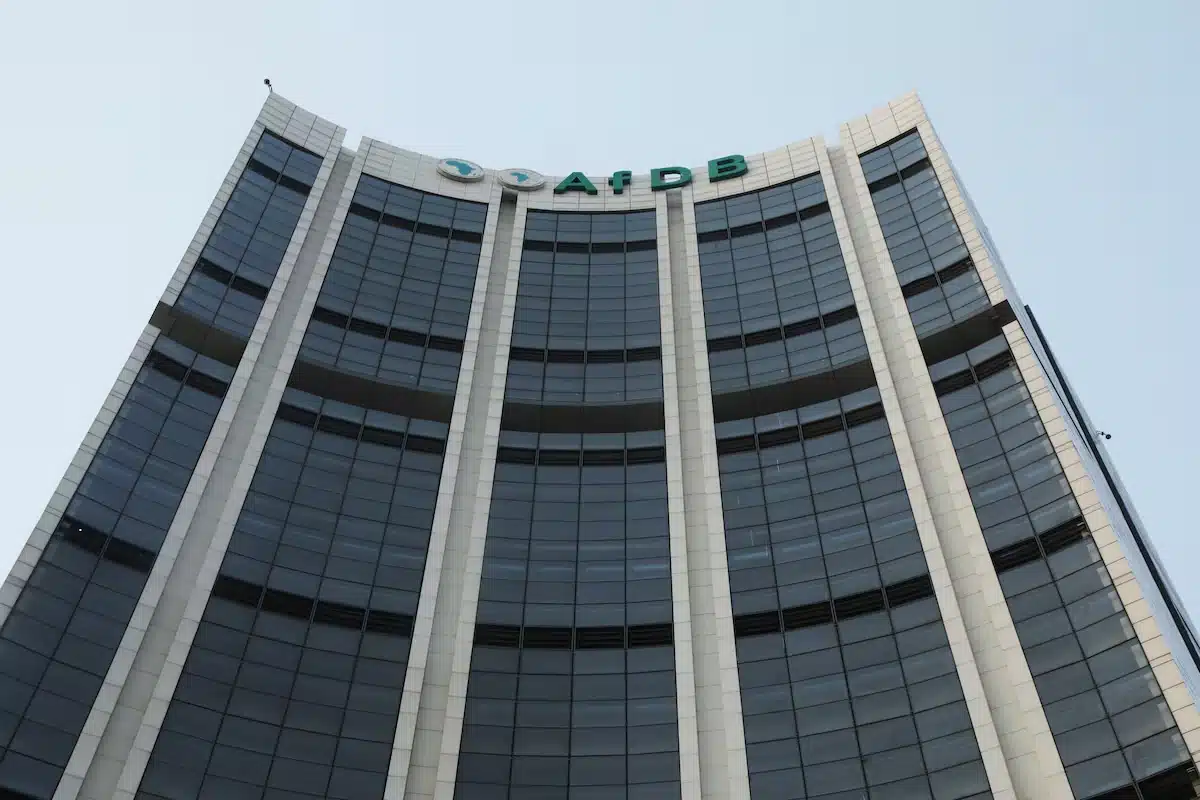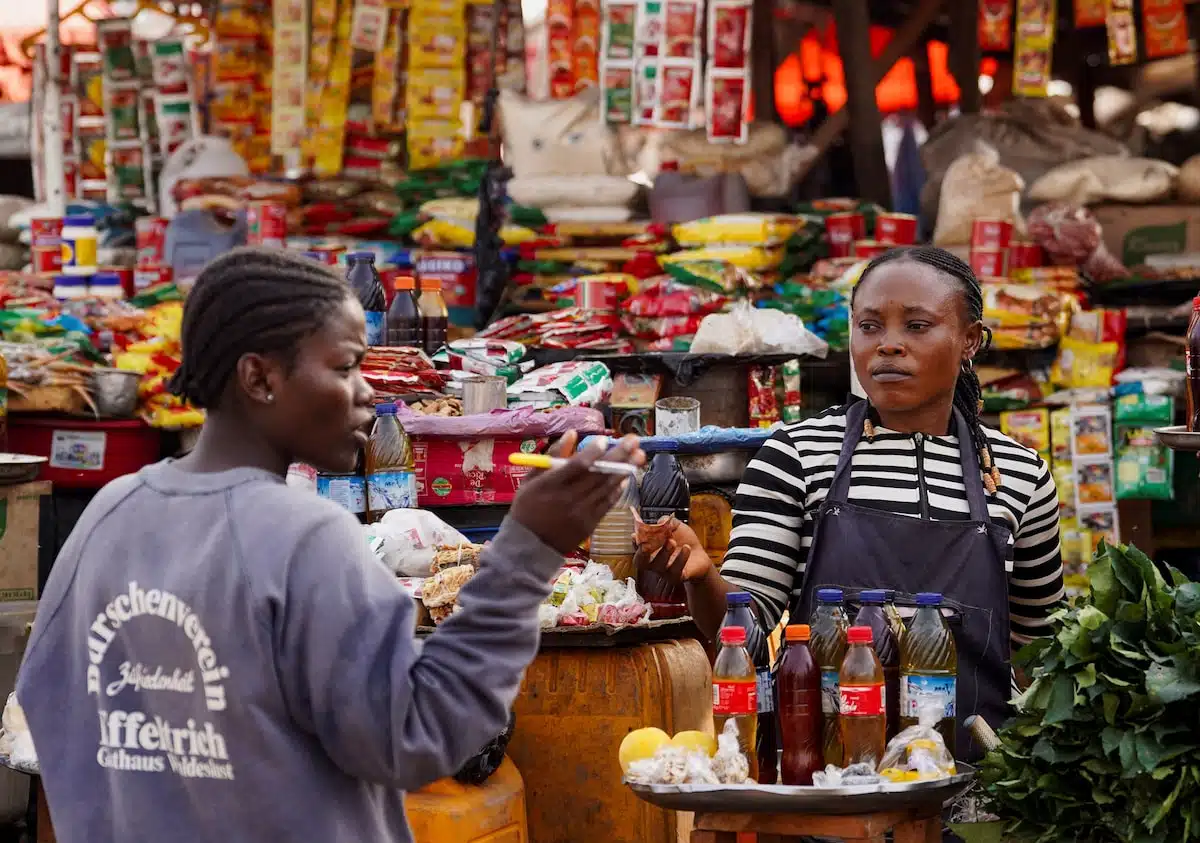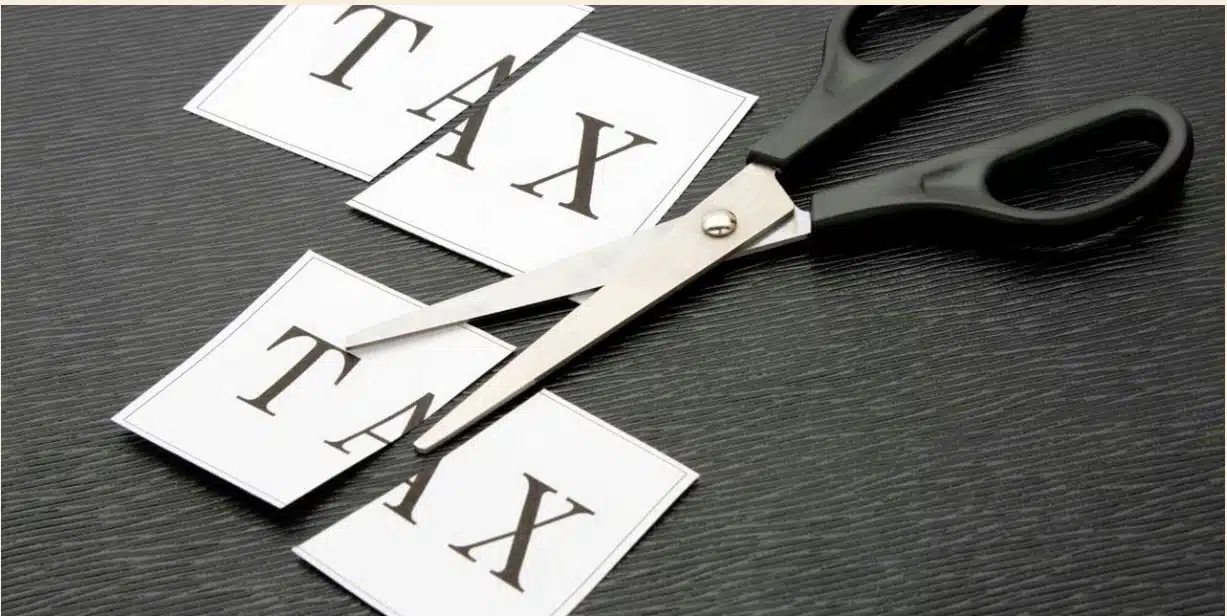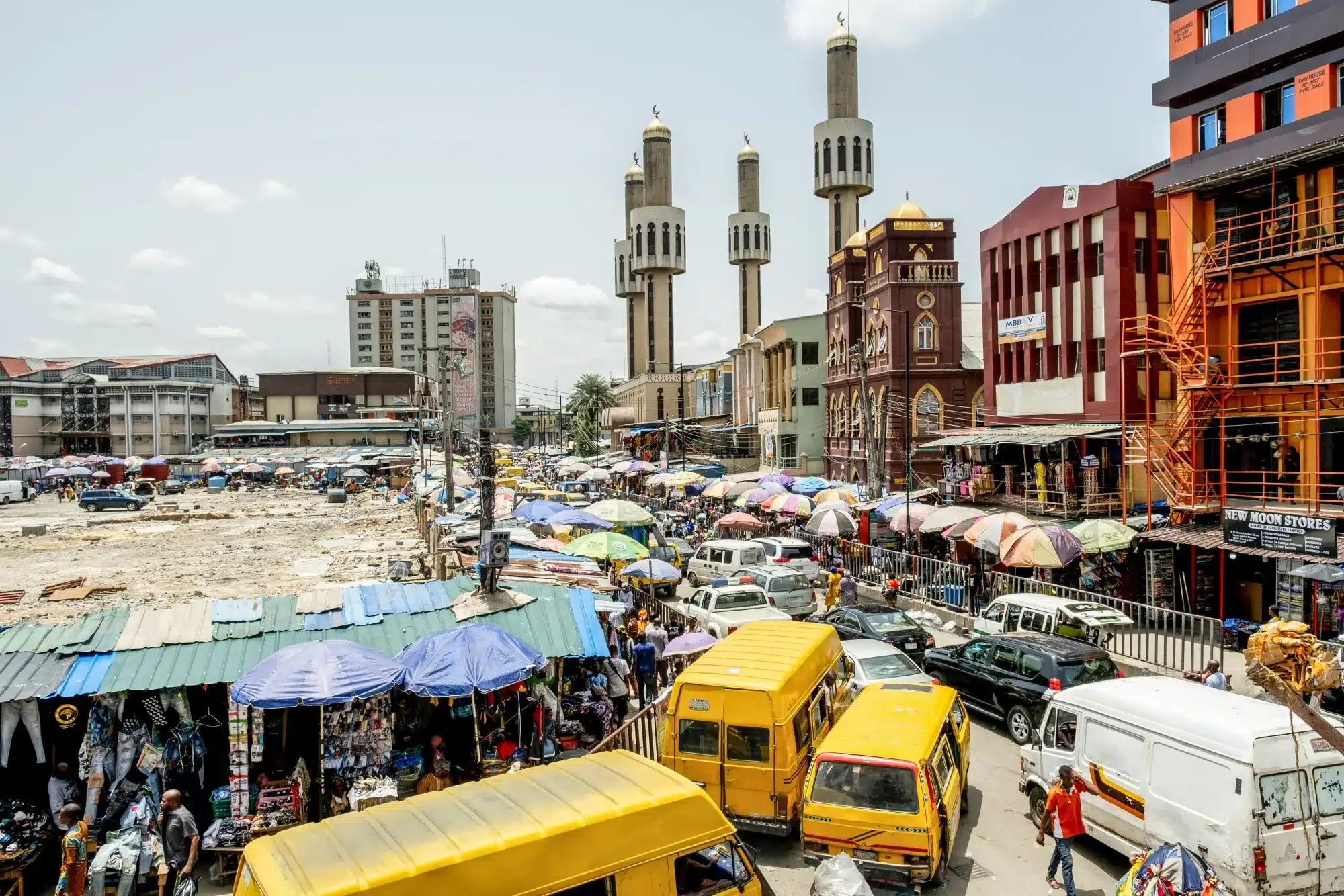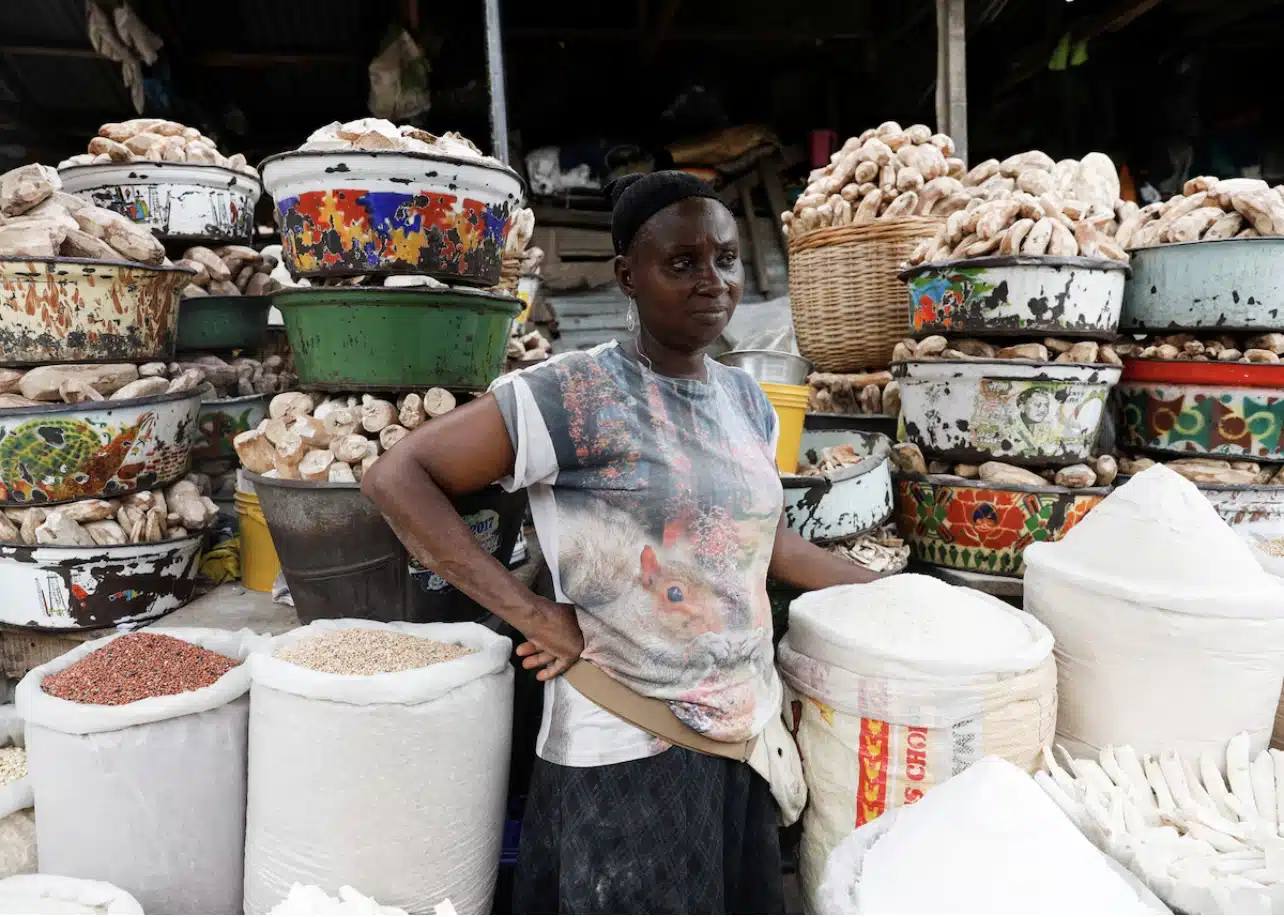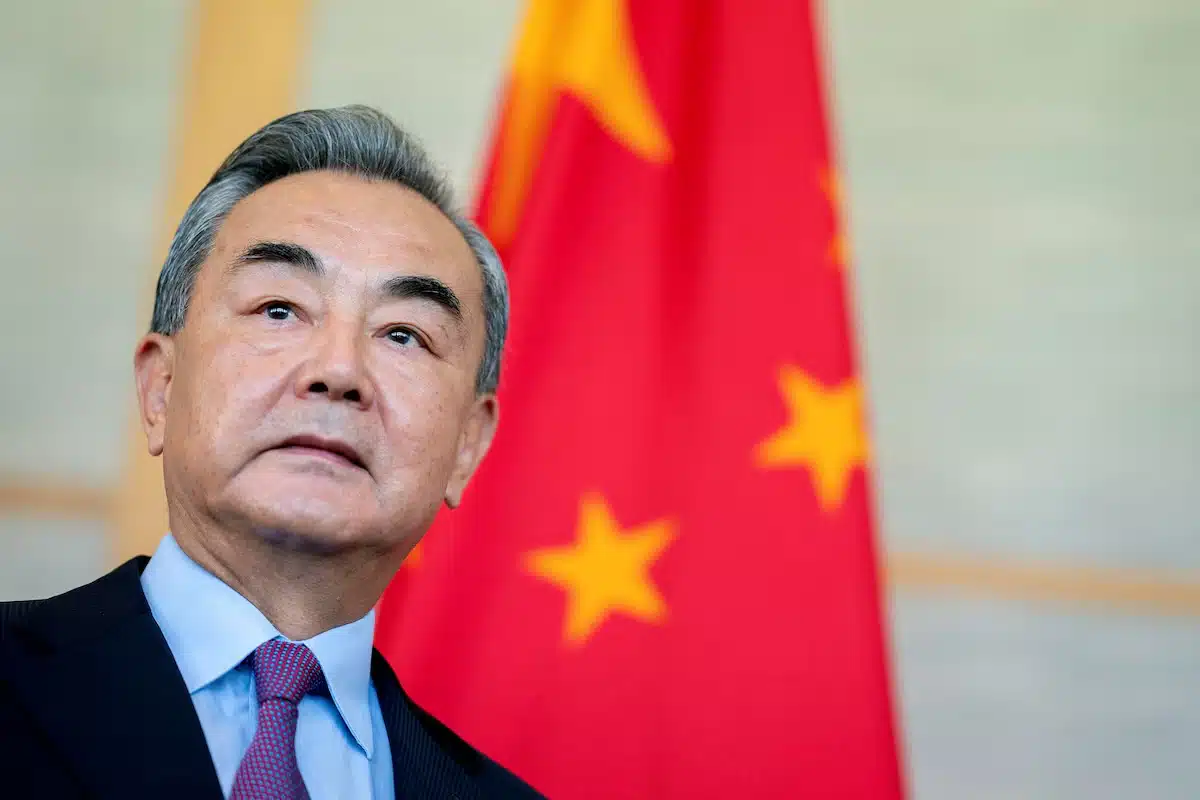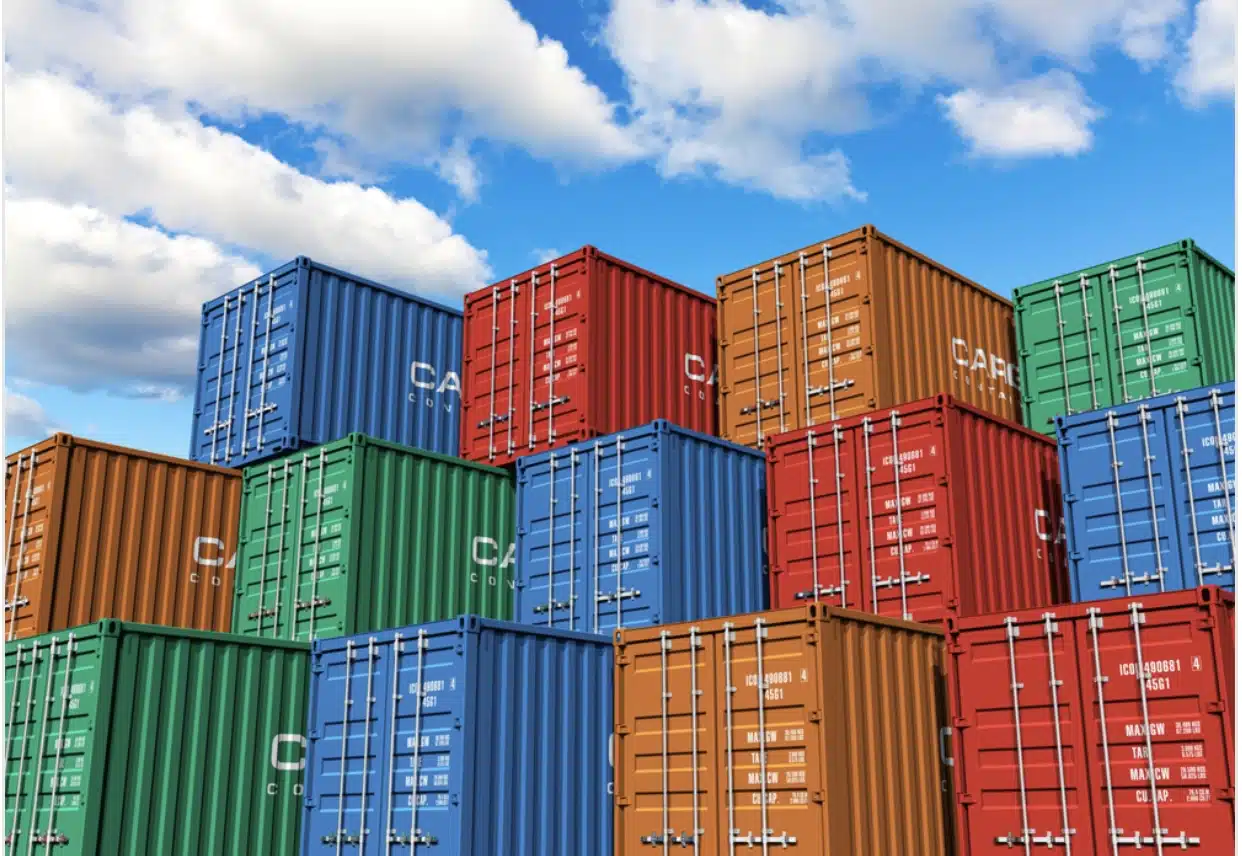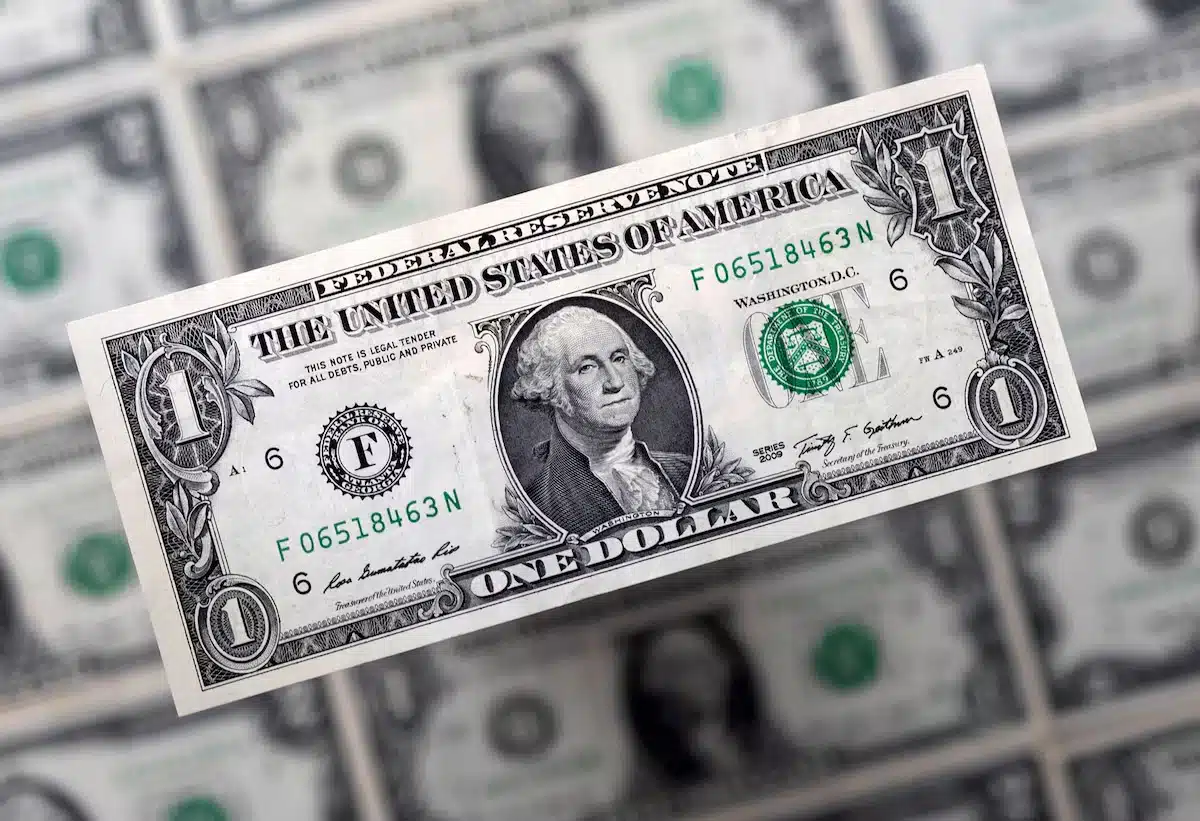Nigeria is set to receive a $500 million loan from the African Development Bank (AfDB) to support its ongoing economic reforms, marking the second tranche of a $1 billion programme that began last year.
Bode Oyetunde, the AfDB Executive Director representing Nigeria and São Tomé and Príncipe, confirmed the plan on Monday on the sidelines of the Nigerian Economic Summit in Abuja. He said the facility could be approved by the bank’s board before year-end.
“We have been working strongly to support Nigeria’s very bold and aggressive macroeconomic reforms under President Tinubu,” Oyetunde told Reuters. “Given all these reforms, it was important to support Nigeria.”
He explained that the first $500 million was disbursed last year as part of a two-year budget support package, with the upcoming tranche targeting fiscal and power sector reforms. “They asked us for $1.5 billion. We are able to do $1 billion over two years. Last year, we provided $500 million in budget support. This year, we are looking to do another $500 million, subject to board approval,” he said.
Reform momentum builds
Since President Bola Tinubu assumed office in May 2023, Nigeria has embarked on a sweeping economic overhaul to stabilise public finances and restore investor confidence. His administration has removed fuel subsidies, unified multiple foreign exchange rates, and launched a raft of tax and fiscal reforms to improve revenue collection and attract investment.
Analysts say the measures have laid the groundwork for growth but caution that the reforms must be sustained and deepened to deliver long-term gains.
They point to the need for agriculture-led industrialisation, export diversification, and infrastructure development to strengthen productivity.
Achieving the government’s $1 trillion economy target by 2030 will also require policy consistency, macroeconomic stability, and stronger institutions to bridge the gap from the current $250 billion output.
Growing external support
The AfDB’s proposed financing comes shortly after the World Bank disclosed plans in September to extend $750 million in new loans to Nigeria, covering projects in digital infrastructure and healthcare resilience.
The combined support signals renewed multilateral confidence in the country’s reform direction, even as challenges such as high inflation, rising debt, and foreign exchange pressures persist.
Nigeria’s reform agenda has drawn both domestic and international attention, with investors watching closely for progress in fiscal consolidation, power sector efficiency, and improved capital inflows.
The AfDB board is expected to make a decision on the new facility before December, marking another milestone in efforts to stabilise the economy and anchor growth on a more sustainable footing.

